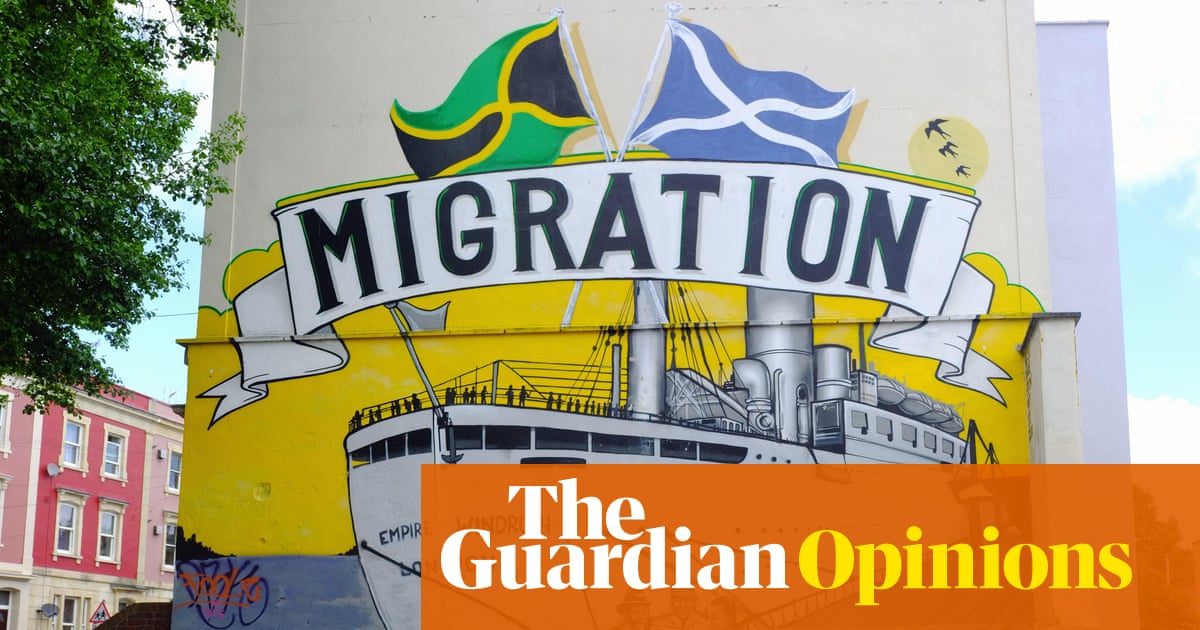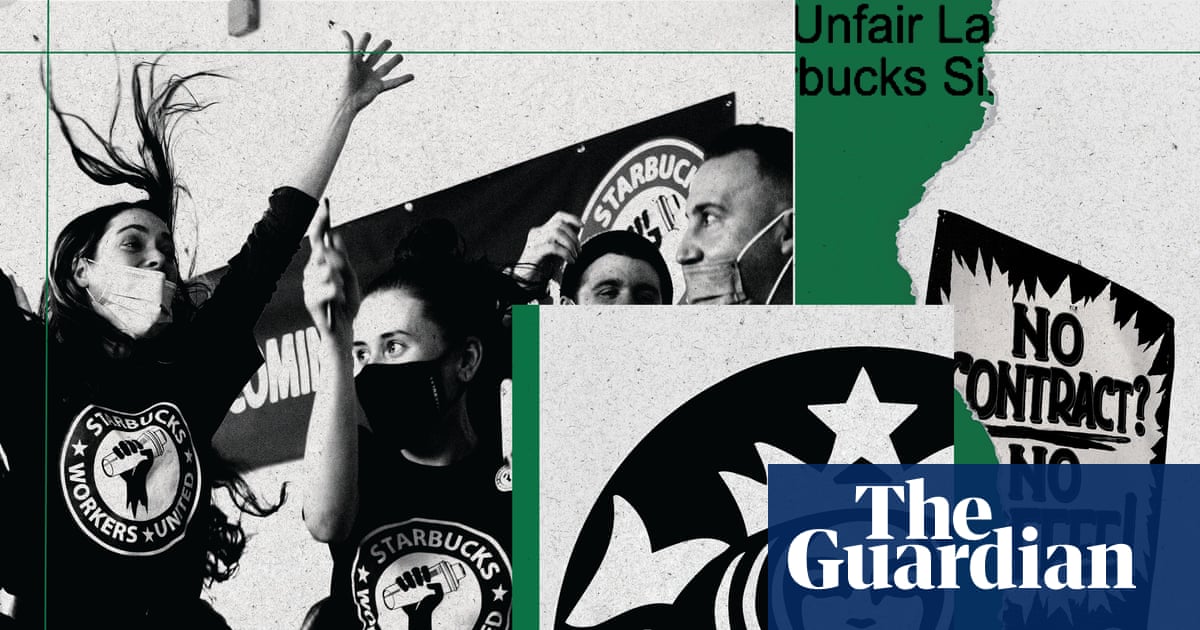A party without a soul, a purpose, or tolerance for dissent: that’s the lasting impression of Labour from its annual jamboree in Liverpool.
Corporate Britain is stamped over everything. There’s a “hub” sponsored by the lobbying firm Anacta, whose clients range from an Israeli-owned arms company to various airlines. Ministers chatter with suited business types in a “lounge” sponsored by Arden Strategies – the “advisory and communications firm” run by the former Labour cabinet minister Jim Murphy, now a key conduit between boardrooms and government – while the invite-only Politico Pub is underwritten by Uber. Labour’s commitment to a third Heathrow runway is boastfully projected on to a conference wall. Signs of idealism are scarce: the party shop sells posters of Barbara Castle, but given her scalding denunciations of Blairism, one can imagine what she’d make of this one-note tribute act to New Labour.
The soullessness has much to do with the “climate of fear” diagnosed by Andy Burnham, the Greater Manchester mayor and pretender to the Labour crown. The most authoritarian leadership in the party’s history has waged a remorseless war on dissent, transforming Labour into a hollowed out husk, where contempt for injustice is considered dangerous extremism. Labour MPs have been variously suspended for opposing Israel’s genocide, the Tory two-child benefit cap and Starmer’s attempted attack on disability benefits. When predominantly Muslim councillors resigned over Gaza, one Labour source dismissed it as “shaking off the fleas”. Members, Burnham notes, face suspension for something as minor as “liking a tweet by another political party”.
Beyond the conference perimeter, police arrested dozens of peaceful protesters for holding placards opposing genocide and backing the direct action movement Palestine Action; it’s now proscribed by the Labour government as a terrorist organisation on an equal footing with Isis and al-Qaida. Since the ban, roughly 1,700 people – many of them elderly – have been arrested.
I’ve had a taste of this authoritarianism myself. I have been covering Labour and Conservative conferences almost every year for the decade and a half. Each year, I confront ministers with uncomfortable questions – on issues such as benefit cuts, sleaze allegations, or broken promises. This year, I questioned Labour grandees, including the foreign secretary, on Britain’s continued sale of crucial components for Israel’s murderous fighter jets. The next day, the party emailed me to revoke my conference pass, citing “complaints” about my “conduct”. It added that: “After careful consideration, we’ve concluded that we cannot continue your attendance while ensuring we meet our safeguarding obligations to all attendees.” Rivkah Brown, another leftwing journalist, from Novara Media, also had her pass cancelled at almost the exact same time.
Invoking “safeguarding” – as though asking uncomfortable questions about genocide somehow threatens safety – resembles Trumpian attempts to portray critique and dissent as incitement to violence. Nigel Farage similarly claims that Keir Starmer labelling his anti-migrant policies as “racist” is inciting violence against his party. A couple of years ago, I and a number of other leftwing journalists abruptly stopped receiving emails from Labour’s press list. Every rightwing media outlet retained its place, and note how GB News has an on-site studio in the conference zone, fuelled by a constant supply of smiling Labour ministers.
Where has this toxic blend of authoritarianism and soullessness left the party? The country seethes with contempt for the governing party. Starmer is the most unpopular new prime minister since records began in the 1980s, plummeting to depths unseen even by Liz Truss, while just 12% approve of the government’s record, compared with 70% who disapprove. As Britain’s pre-eminent pollster, Sir John Curtice, told a room of depressed-looking delegates, the party began its term in office with weak enthusiasm – securing just over a third of the vote amid record low turnout – and it was downhill from there.
after newsletter promotion
More than half of the public are unclear about what Starmer stands for, and that evidently includes many of the delegates here. Some seem stumped when asked what Labour’s vision is, while others fall back on platitudes no politician would dissent from, such as growth and improving living standards. The scrapping of the universal winter fuel payment and the abortive attack on disability benefits are widely labelled “mistakes”. There is precious little soul-searching over how Labour could end up kicking those who are struggling the most in society, instead of challenging the hoarding of wealth at the top. Surely this is an existential question for a party founded to do the exact opposite?
John McTernan is a former adviser to Tony Blair, but he offers the most perceptive analysis I have heard. Labour is “unpopular because it made the wrong moral choice over Gaza”, he tells me. “It’s unpopular because it made the wrong political choices over public spending and social security.” But is this any surprise? Starmerism has sought to scrub any conscience from the party. Once, across Labour’s spectrum, there was a shared premise: Labour existed to fight injustice, even if there was fierce debate over the road to such a righteous destination. But there is no obvious purpose to Labour at all today, no clear articulation of its distinctive role in politics. If the mission has narrowed to power for power’s sake, it will fail at that too – because the public has clocked this brittle, soulless machine, and their contempt only grows.
-
Owen Jones is a Guardian columnist

 2 months ago
72
2 months ago
72

















































